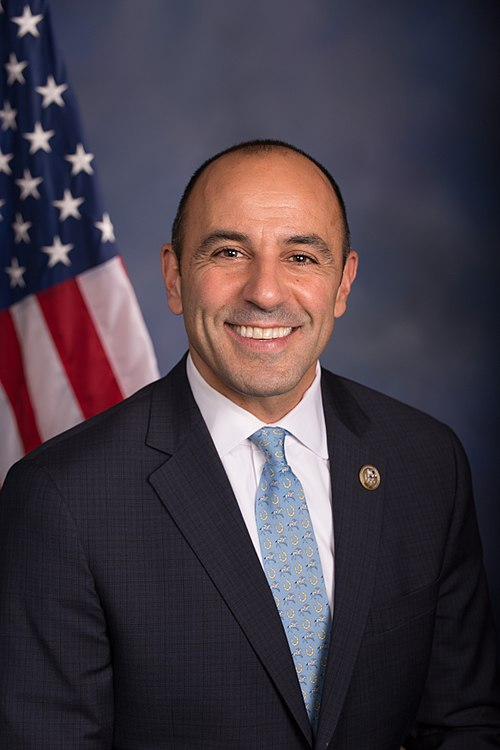H.R. 2786: Resilient Coasts and Estuaries Act of 2025
This bill, titled the Resilient Coasts and Estuaries Act of 2025, proposes the establishment of a program aimed at enhancing the resilience and restoration of coastal and estuarine areas in the United States. Below are the main features of the bill:
Program Establishment
The bill allows the Secretary of Commerce to create a Coastal and Estuarine Resilience and Restoration Program. This program will be developed in partnership with various state, regional, and local governments, as well as non-governmental organizations.
Objectives of the Program
The primary objectives of the program include:
- Protection of Coastal Areas: Safeguarding crucial coastal and estuarine regions that have significant ecological, recreational, or aesthetic value, especially those threatened by development or climate change.
- Restoration of Degraded Areas: Restoring natural habitats in regions that have been degraded or developed, thereby improving ecological functions and allowing for natural land migration in response to climate factors.
Prioritization Criteria
The bill outlines specific criteria for prioritizing lands for protection and restoration, including:
- Areas that provide significant community benefits, particularly for those that lack resources to address coastal hazards.
- Lands threatened by imminent conversion to uses that would degrade their natural state.
- Properties that help mitigate the detrimental effects caused by coastal population growth and climate change.
Involvement of Non-Governmental Organizations
The program will also allow non-governmental organizations to apply for grants to acquire land or interests in land for restoration efforts, provided they meet certain criteria related to public access and support from state management agencies.
Designation of New Research Reserves
The bill aims to initiate the designation of at least five new National Estuarine Research Reserves within eight years. This initiative is intended to enhance the research capacity related to estuarine systems and improve the representation of diverse ecological zones in the reserve system.
Tracking Climate Change Impacts
It is mandated that the program includes the establishment of coordinated long-term monitoring methods to assess and respond to the impacts of climate change and other environmental stressors on estuarine systems.
Financial Assistance Provisions
The bill provides for appropriations of $47 million annually from 2025 to 2029 to support grants for restoration and resilience projects related to coastal and estuarine areas. This financial support is intended to facilitate various program activities, including land acquisition, restoration, and community training programs.
Long-Term Goals and Management
Finally, the Secretary is responsible for developing and implementing a variety of activities under the program to ensure effective management and conservation efforts, including educational outreach and collaborative research with stakeholders in coastal management.
Relevant Companies
- WM (Waste Management, Inc.) - This company may be impacted due to the potential need for environmental services and support for coastal restoration projects as coastal communities address resilience challenges.
- DG (Dollar General Corporation) - As a retail entity serving low-income communities, Dollar General may find itself involved in community engagement concerning access to resources about coastal hazards and resilience.
This is an AI-generated summary of the bill text. There may be mistakes.
Sponsors
10 bill sponsors
-
TrackMike Levin

Sponsor
-
TrackSuzanne Bonamici

Co-Sponsor
-
TrackEarl L. "Buddy" Carter

Co-Sponsor
-
TrackEd Case

Co-Sponsor
-
TrackBrian K. Fitzpatrick

Co-Sponsor
-
TrackJennifer Kiggans

Co-Sponsor
-
TrackRick Larsen

Co-Sponsor
-
TrackBrian J. Mast

Co-Sponsor
-
TrackJimmy Panetta

Co-Sponsor
-
TrackRobert J. Wittman

Co-Sponsor
Actions
2 actions
| Date | Action |
|---|---|
| Apr. 09, 2025 | Introduced in House |
| Apr. 09, 2025 | Referred to the House Committee on Natural Resources. |
Corporate Lobbying
0 companies lobbying
None found.
* Note that there can be significant delays in lobbying disclosures, and our data may be incomplete.












